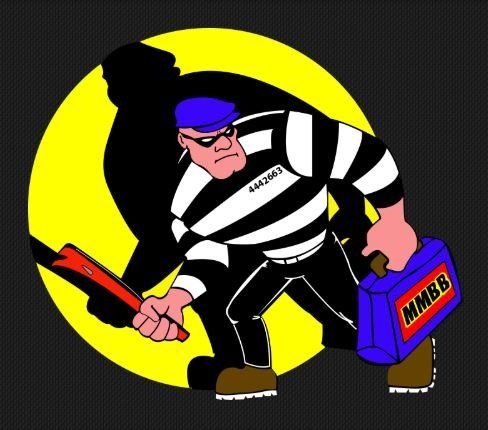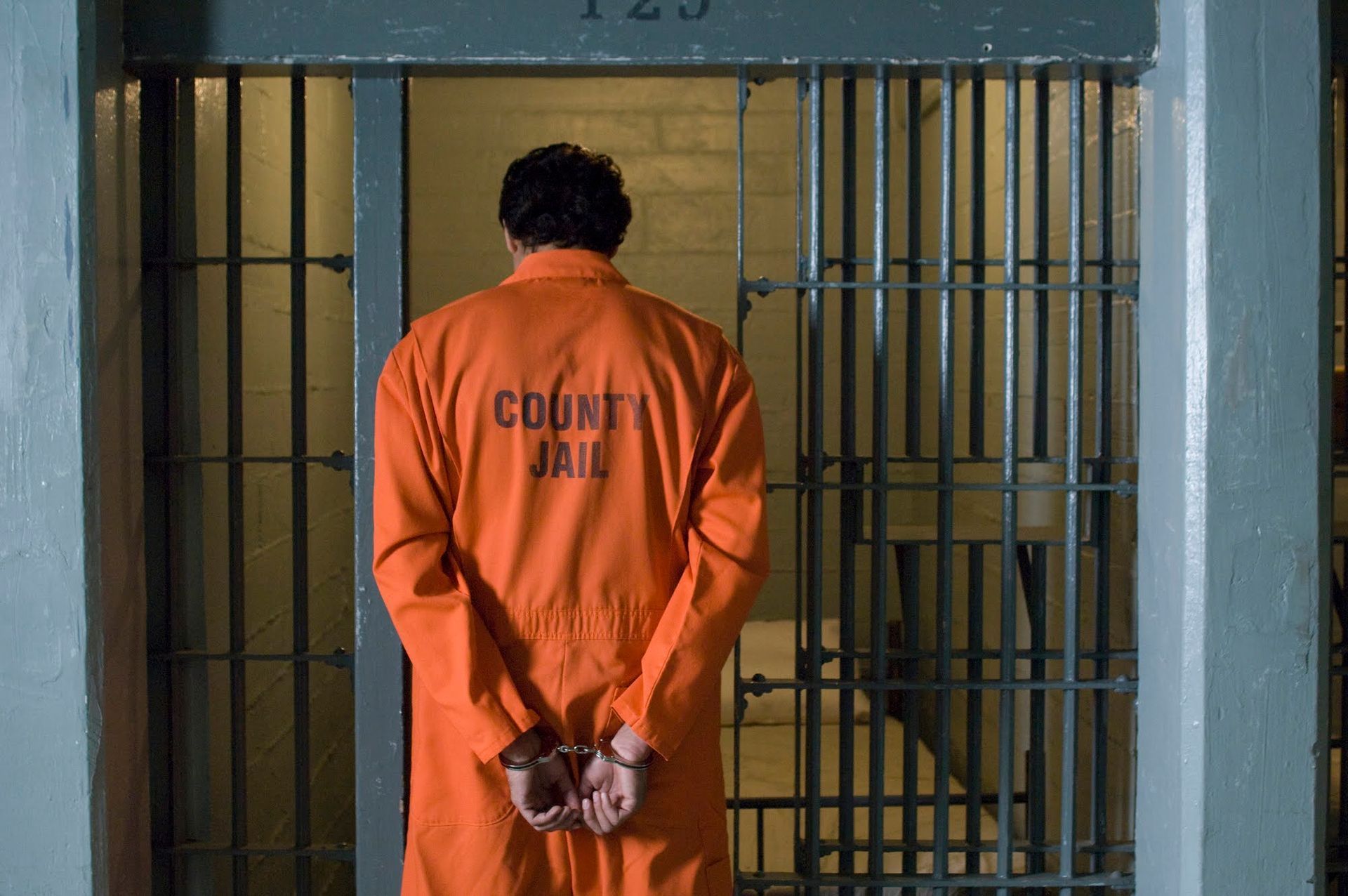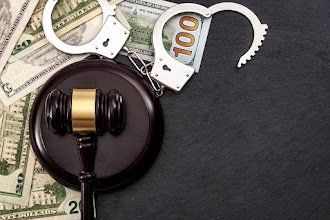6754 Caroline Street Milton, FL 32570
WARRANT CHECK
8 Agents Available Now
Escambia
Santa Rosa
Fax: 850-444-9110
WARRANT CHECK
8 Agents Available Now
Blog Layout
An Overview of the Entire Bail Bond Process
Admin • August 3, 2019
Have you received a phone call from someone in jail asking for help with early release by paying a bail bond? A bail bond can assist them with their legal problem. You may feel hesitant about getting a bail bond because you are afraid you will lose your collateral or be held responsible for the other person’s actions if they lose the bail bond.
Your fear may be calmed if you understand the entire process of bail before you move forward. Here is how it works.

Posting Bail
A judge determines how much money is required to post bail, which they by a variety of factors. The judge sets bail at a high amount if the person in jail has many past convictions, is a flight risk, or is accused of a violent crime. High bail is a way to discourage any negative behavior while the accused is out on bail. The court holds money requested for bail the court process is complete.
Exonerating the Bail Bond
The court exonerates the bond if the person out on bail completes the entire court process. Many people assume that the bail money is released once the person starts the court process by appearing in court, but that is not true.
The person released on bail will need to go through the entire court process. They must attend all court dates and comply with other bail requirements. The court will not discharge the bond until sentencing occurs or a jury finds the accused not guilty. Bail money will be tied up in the courts until the whole process is finished, which can take several months or years.
Failing to Appear in Court
If someone out on bail does not show up to court, it becomes a huge problem for everyone involved in the bail bond. The court considers the bond forfeited when the person out on bail fails to appear in court.
However, you will not lose the bond immediately if the person fails to appear for their court date. A warrant will be put out for the person's arrest, and you will have a grace period to get them to return to court before you lose the bail bond. The court will tell you know how many days you have before you lose the bond.
Fugitive recovery agents specialize in tracking these people down and bringing them back to jail within the time frame. The court will release the bail money back to the bondsman when a fugitive recovery agent is successful.
When the person returns, they will be put back in jail for the remainder of their court case. Forced jail time ensures that the bail money is returned at the end of the legal process, since there is no way for the person to flee and avoid the consequences of their court case. The trial will continue, sentencing will occur, and — if the accused returned during the grace period — you will receive a certificate of discharged bond.
Losing the Bail Bond
There are consequences if the person is not found or does not return to court. You can request an extension from the court to track down the person, but the court may deny the extension. No matter the time period the court decides, you will lose your collateral once it expires.
The bondsman will keep small items that they were holding onto as collateral, such as jewelry. If the bondsman was using something for collateral that you are in possession of, such as the title to a car, you must forfeit that item to the bondsman as part of the agreement. Vehicles and other items in your possession will be repossessed if necessary.
Reach out to Matt Mckeehan Bail Bonds
if you have any questions about the bail process.
BROWSE OUR WEBSITE
CONTACT INFORMATION
Address: 2728 North Pace Blvd. Pensacola, FL 32505
Address: 6754 Caroline Street Milton, FL 32570
Email: Office@mmbbinc.com
Escambia
Phone: 850-444-2663
Phone: 850-444-BOND
Hours of Operation: 24 Hour Service




OUR LOCATIONS
Content, including images, displayed on this website is protected by copyright laws. Downloading, republication, retransmission or reproduction of content on this website is strictly prohibited. Terms of Use
| Privacy Policy










